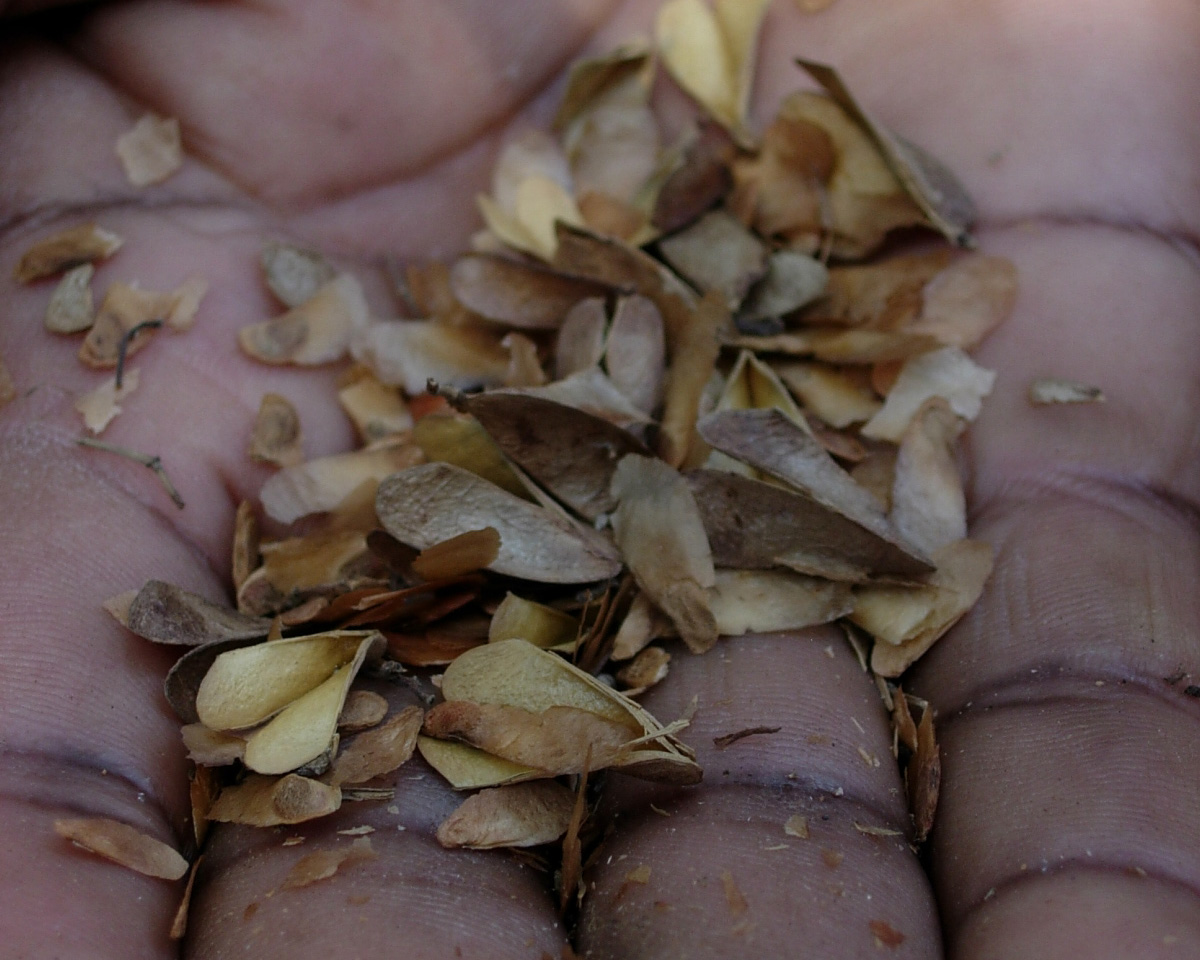

The Power of Traditional Knowledge: how it is helping to preserve cultural heritage, the environment and provide income for local communities in Mozambique

Traditional knowledge passed down through generations is a valuable and unique resource to all cultures and societies. How this knowledge can be used to improve development planning and implementation is becoming an increasingly important part of contemporary development practice. The MDG-F Joint Programme for Strengthening the Cultural and Creative Industries and Inclusive Policies in Mozambique, a collaborative initiative between the Government of Mozambique and the United Nations is currently engaging with this issue through FAO, one of six partner agencies on the Joint Programme. FAO are working together with the provincial services for forestry and wildlife in the districts of Zavala (Inhambane province) and Mossuril (Nampula province) on activities which aim to strengthen links to traditional knowledge in the context of agricultural production and forestry management. This is an important area of focus in a country where approximately 70% of the population live in rural areas and rely on subsistence farming and natural resources for their income and survival.
In Inhambane and Nampula, extensive inventories and surveys have been conducted to help identify the priorities and aspirations of local communities in relation to forestry and agriculture. All of the local knowledge gathered is being harnessed to improve living standards. This is being achieved through training and technical assistance in the management of forest resources, the exploration of business opportunities through sustainable use of forest resources and the establishment of community seedling nurseries to facilitate the conservation of native species of economic, social and cultural value. In the district of Zavala in Inhambane, wood from the ‘Mwendje’ tree is one of the main materials used in the production of the ‘Chopi Timbila’, which is similar to a Xylophone. The instrument produces a unique and resonant sound and involves high levels of craftsmanship to produce. Timbilas made with Mwendje, which is indigenous to Mozambique, are renowned for producing a particularly rich tone. Played at social festivities and community events, it brings different generations together as the Timbila orchestras are composed of masters and apprentices of all ages. This traditional cultural expression was proclaimed Masterpiece of the Oral and Intangible Heritage of Humanity by UNESCO in 2005.
Due to an increase in deforestation, the existence of the Mwendje tree and other forest species which once occurred in abundance is under threat. The Joint Programme has established tree nurseries to re-introduce the Mwendje back to the area as an investment for future generations (Mwendje is a slow growing species which takes 50-60 years to mature). This activity involves the producers and players of the Timbila in the process of collecting seeds for the propagation of the tree, thus helping to preserve a unique tradition which is also acts as a driver for cultural tourism in Zavala. Working with communities in Zavala has presented some issues however, due to the fact that some community members prefer to plant ‘commercially viable’ trees rather than Mwendje, which takes a long time to mature and does not provide any immediate obvious monetary value. In a gradual process of sensitizing the community, the Joint Programme is working towards promoting the idea of Mwendje as a culturally important species that can be grown alongside income generating species and that in time will provide both cultural and commercial benefits to the area. In Nampula, forest nurseries have been established to help replenish the Mecrusse tree, whose wood is used in the construction of traditional houses on Mozambique Island and Mossuril. As Mozambique Island is a World Heritage Site, preserving cultural heritage such as traditional construction techniques is not only vital for the community but crucial to maintaining its world renowned status.
With regards to activities for income generation the programme has supported the establishment of five community based organizations in Inhambane and two in Nampula who are engaged in sustainable methods of firewood production, beekeeping and ‘Mussiro’ production. Mussiro is made from the ‘N'tunkuti’ tree, a native species found in forests alongside northern coastal regions especially on Mozambique Island and in the district of Mossuril. When the roots of this tree are rubbed on stone they produce a thick, white paste which is used as a facemask by women of the ‘Makua’ tribe. Mussiro is supposed to have both beautifying and medicinal properties such as making the skin smoother and protecting against wrinkles and acne. It also has strong cultural significance and is used in traditional coming of age ceremonies for adolescent girls and in funeral ceremonies, amongst other things. With support from the Joint Programme ‘Beira Mar’, a women’s association based in the village of Crusse in Mossuril, has established a business of processing and packaging Mussiro powder with the aim of selling it in key local and tourist markets and thereby providing valuable extra income for their families. Mussiro in powder form is not produced and commercialized anywhere else in the country, so the activity this association is undertaking is pioneering in Mozambique.
The Mwendje, Mecrusse and Mussiro activities are examples of initiatives based on local, traditional and indigenous knowledge and the sustainable management of natural resources. These are small scale activities which don’t require large investments or sophisticated technology. Through engaging in activities such as these, the national and local capacity to safeguard intangible heritage and preserve the natural environment will be strengthened and the sustainable development of local communities promoted, which will contribute both towards the government’s efforts in poverty reduction and attainment of the Millenium Development Goals.
For more information contact Moira Welch (m [dot] welch [at] unesco [dot] org), Advocacy and Communications, MDG-F Joint Programme for Strengthening Cultural and Creative Industries and Inclusive Policies in Mozambique.